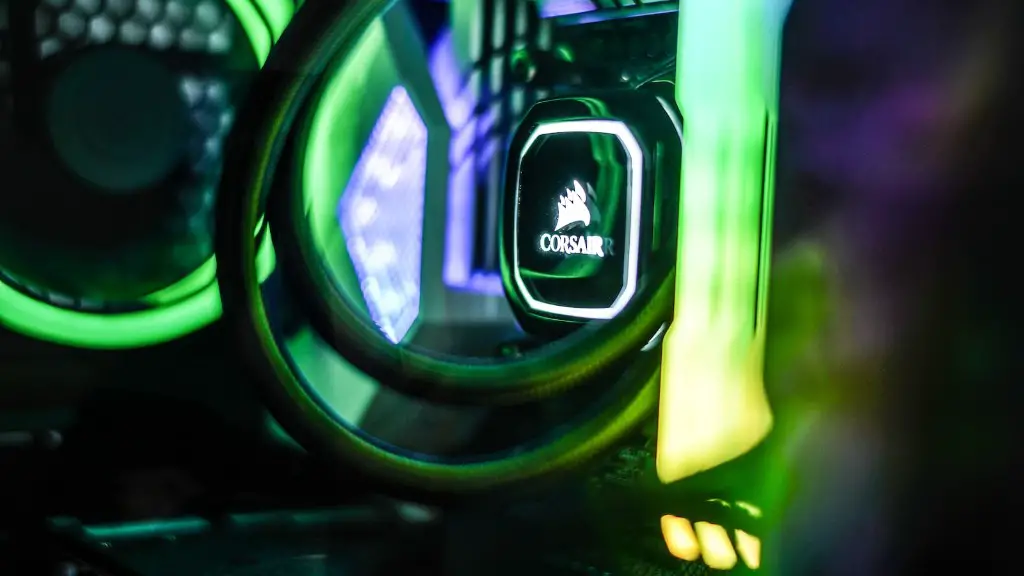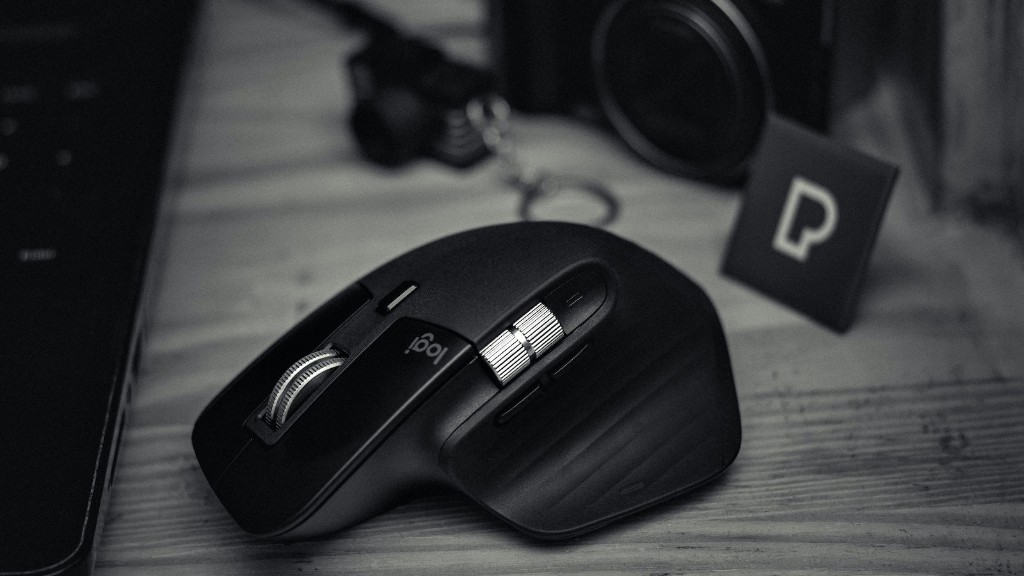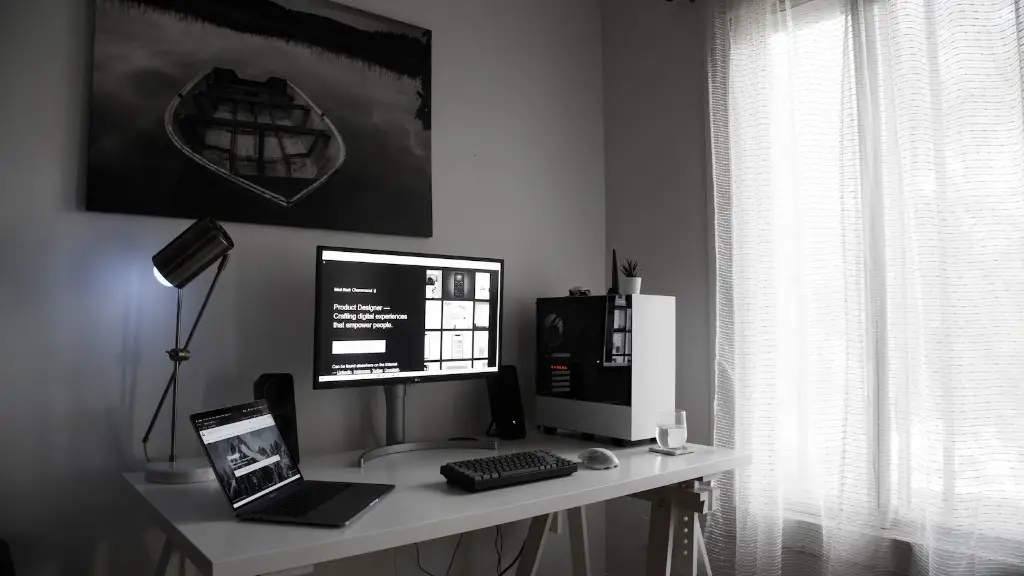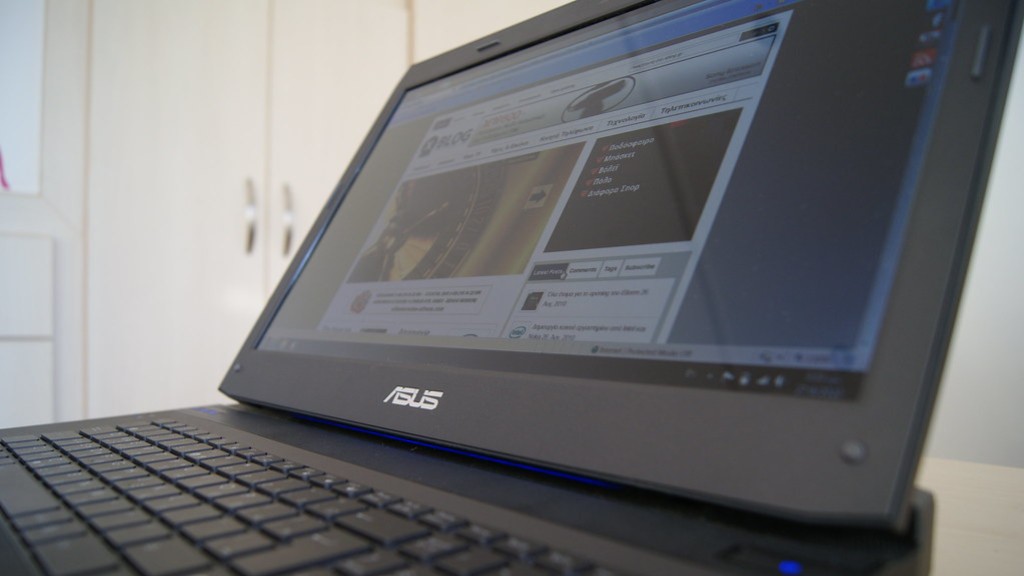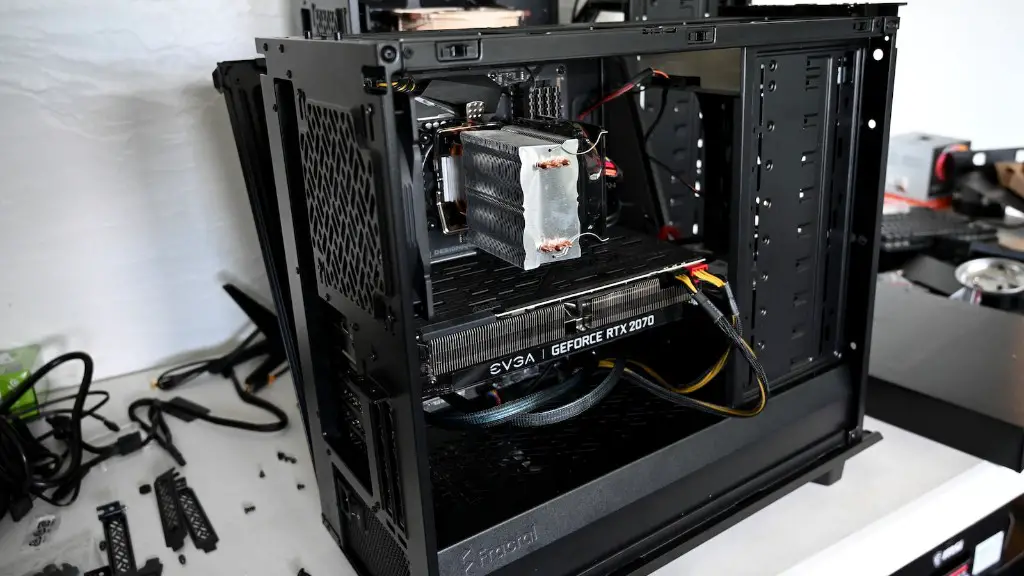Gaming Pc’s are becoming increasingly popular, due to their increasing levels of power, faster hardware, and improved graphical capabilities.It is important to understand what parts make up a gaming PC, to get the best out of it.The basic components of any gaming PC consists of a Processor, Motherboard, RAM, GPU, Hard Drive, PSU and other accessories like a sound card, Optical Drive, Cooler Fan and more.
The Processor is the most important part of a gaming PC, as it dictates the kind of graphics and gameplay you can experience.The Processing unit handles the operations of the PC, from simple calculations to more complex tasks.The processor needs to be chosen based on the games you will be playing as a more powerful processor means smoother game play.
The Motherboard connects all the other components of your PC together.It is the nerve center of your system, connecting all the parts and makes sure they can communicate with each other.Choosing the motherboard depends on the processor and the type of PC you want to build.
RAM is important for multitasking, as it helps in loading multiple applications or games at once, without hogging the processor.It also helps in running larger programs, without overloading the system.A higher RAM capacity helps in smoother operation and allows you to run more complex games.
The GPU or the Graphics Processing Unit handles all the graphical operations on the PC.This is one of the most important components of a gaming PC, as it helps in rendering realistic visuals.The GPU also helps in improving the frame rates and performance of the games.
The Hard Drive is another essential component of a gaming PC as it stores all your data.Modern Hard Drives have large storage capacity, so you can store more games and videos.An SSD can also be added for faster loading times and improved performance.
The Power Supply Unit or PSU is necessary to provide the power to all the components, ensuring that they all work together without any trouble.The PSU should be chosen carefully and must match the requirements of the entire system.
Other Components and Accessories
A gaming PC also consists of other components like the Sound card and Optical Drive.The Sound card is essential for providing the best sound quality for the games.The Optical Drive is necessary for data storage and transferring files from one PC to another.
The Cooler Fan helps in reducing the internal temperature of the PC, by dissipating the heat generated by components like the processor and GPU.Cooling is one of the most important aspects of PC gaming, as it keeps the components operating efficiently and prevents any hardware damage due to heat.
A monitor is also necessary, to see the graphical output produced by the GPU.The monitor or display should be of good quality, as the lower quality ones may not be able to show the details properly.A gaming chair is also necessary, as it can help in reducing fatigue while playing.
Upgrading Parts
As technology advances and new games come up, it is important to upgrade your gaming PC from time to time, to get the best gaming experience.The most important part to upgrade is the GPU, as it helps in improving the visuals of the game and also provides better frame rates.
Also, RAM can be upgraded for more multitasking capability.A larger storage capacity Hard Drive can also help in storing more data.You can also upgrade the cooling system, for better cooling efficiency.
The Processor is another component which needs to be upgraded, for more power and better performance.The Motherboard can be changed, if you want to install a better processor or different types of RAM.
Finally, you can also upgrade your PC by adding other accessories.A higher end sound card can help in getting better sound quality and an optical drive should be installed, if you want to store data on discs.
Building a Gaming PC
Building a gaming PC can be a daunting task, as you need to understand the components properly and make sure they are compatible with each other.You first need to decide what type of system you want to build, based on your budget and the games you wish to play.
Once you know what type of system you need, you can start researching the different components available.This will help you choose the best components for your build.You also need to make sure the components you choose are compatible with each other.
You also need to buy the correct materials like screws and cables, to put the parts together.Using the correct tools is also important, to avoid any damage to the components.Once everything is put together, you need to do the necessary software setup and install the necessary drivers, to get your PC ready for gaming.
Overclocking
Overclocking is the process of pushing a component or combination of components to its limits, in order to get better performance out of it.The processor and GPU are the most commonly overclocked components, as they help in getting more power and better frame rates.
Overclocking can be done in two ways, manual or automatic.Manual overclocking involves changing the settings of the processor or GPU manually.This requires a lot of knowledge about the components and the system, as it is important to make sure that the components are safe.
Automatic overclocking is safer and is done through software, as the settings are changed automatically.This is recommended for newbies as it is safer and easier to do.It is also less time consuming and there are less chances of damaging the components.
Overclocking should be done with care and caution, as it increases the risk of damaging the components.You should also make sure to use the correct software, as improper software can damage the components.It is also important to keep monitoring the temperature, as overheating can cause damage to the components.
Troubleshooting & Maintenance
Troubleshooting and Maintenance of your gaming PC is important to keep it running efficiently.Troubleshooting involves identifying and fixing the problems in the system.You should first check the device manager, to see if there are any errors or conflicts in the drivers.
Another way of checking for errors is through the Event Viewer, as it shows you a detailed log of all the errors and warnings in the system.You can also use various diagnostic tools, to identify any hardware or software problems, and fix them as needed.
Maintenance of your gaming PC helps in keeping it running smoothly.You should regularly check for updates, as these often contain bug fixes and improved performance.You should also keep cleaning the system, to avoid dust buildup which can cause overheating.
Finally, you should also check the cables regularly, to make sure they are connected properly and not causing any problems.It is also important to check if all the fans are working properly, and replace them if necessary.
